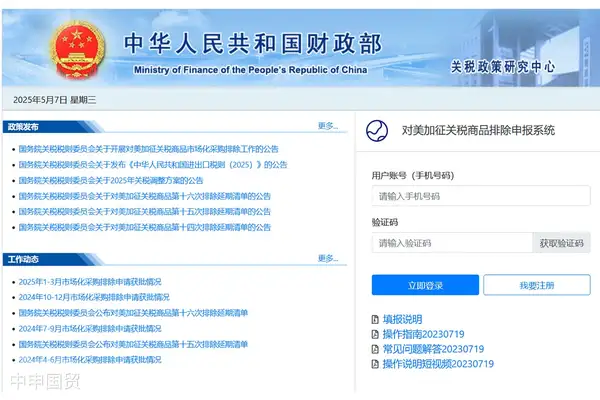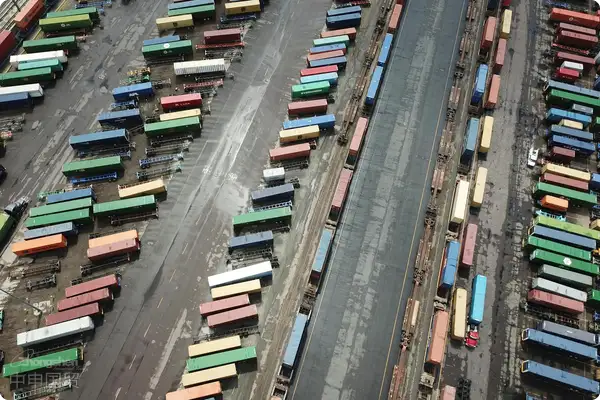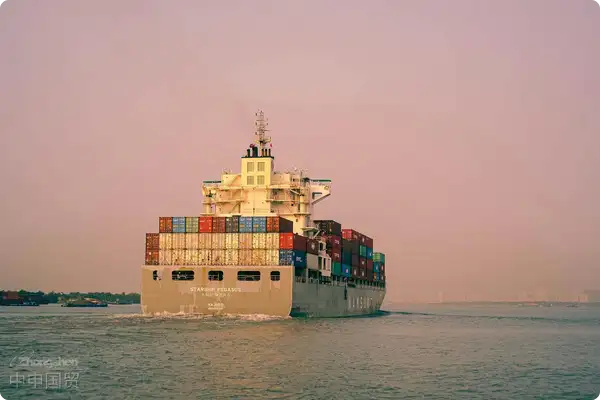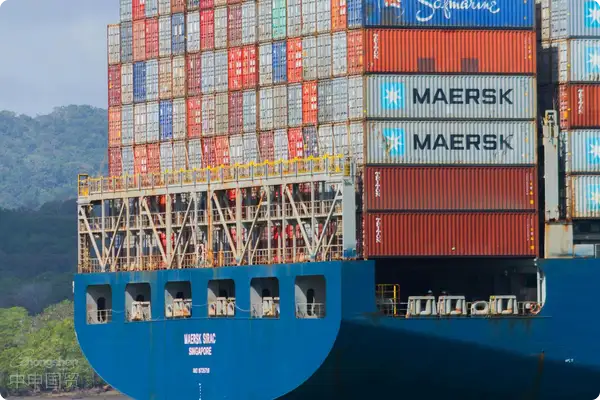- Shanghai Zhongshen International Trade Co., Ltd. - Two decades of trade agency expertise.
- Service Hotline: 139 1787 2118
On December 16, 2024, the EU Council adopted the 15th round of financial and individual sanctions against Russia. Against the backdrop of sustained multi-layered constraints on Russia, the newly added sanctions targets and measures have again drawn international attention. According to the EU Council, this round targets Russias threats to Ukraines territorial integrity, sovereignty, and independence, focusing on curbing Russias military and industrial capabilities and penalizing third-country entities circumventing sanctions. Chinese enterprises and individuals were mentioned more frequently and extensively than before.
In the new sanctions list targeting individuals and entities, the EU imposed measures on 54 individuals and 30 entities. A key focus is Putin’s shadow fleet—entities and shipping resources aiding Russia in circumventing sanctions, particularly in oil or dual-use equipment. The EU aims to disrupt Russias logistical supply chain for the Ukraine war. Notably, Chinese-linked enterprises stand out in this list, with companies from mainland China and Hong Kong blacklisted for allegedly providing technology, equipment, or means to bypass sanctions.
According to EU information, the China-related list includes Li Xiaocui and associated companies ARCLM International Trading Co. Ltd., Shijiazhuang Hanqiang Technology Co., Hebei Suofu Trading Co., Yiwu Haokui Electronic Firm, Yiwu Junmiao Textile Firm, and other entities. These enterprises maintain close ties with Russia in tradeimport and exportoperations and are suspected of potentially assisting Russia in acquiring sensitive equipment or materials. Hong Kong-registered Asia Pacific Links Ltd., ARCLM International Trading Co. Ltd., as well as mainland companies Juhang Aviation Technology Shenzhen Co. Limited, Redlepus TSK Vektor Industrial (Shenzhen) Co., Ltd, Xiamen Limbach Aviation Engine Co., Ltd, among others, have been included, intensifying concerns about the role of Chinese companies in Russia-related industrial chains.
Meanwhile, the European Commission continues strengthening controls on sanction circumvention. Multiple oil tankers and cargo ships from third countries were labeled circumvention tools, barred from EU ports, and excluded from maritime transport services. This round adds 52 vessels, bringing the total to 79, directly targeting Putin’s shadow fleet efforts to bypass oil price caps and military equipment sanctions.
Beyond logistics, the EU tightened trade restrictions on dual-use goods, adding 32 entities to the control list. These entities are deemed to directly or indirectly support Russia’s military-industrial complex. The EU aims to weaken Russia’s arms upgrade capabilities and supply chain resilience. Third-country enterprises from India, Iran, Serbia, and the UAE were named for supplying critical technology and components, including Chinese firms like Time Art International LTD (Hong Kong), Ele Technology Co. LTD (Shenzhen), Shenzhen Xingding Machinery Ltd, Ningbo Blin Machinery Co., Ltd, Powerever Electronic Technology (Beijing), and Qisda Optronics (Suzhou). Juhang Aviation Technology Shenzhen Co. (already on the individual/entity sanctions list) reappeared in the trade restrictions list, reflecting EU concerns over their multi-sector ties to Russia.Equipment ExportAdditionally, the EU strengthened protections for domestic firms. The Council decided to no longer recognize or enforce Russian court rulings under Article 248 of the Russian Arbitration Procedural Code, combining legal and financial sanctions to curb Russia’s use of third-country judgments to bypass EU rules. The EU also issued exemptions for cash balance handling and extended deadlines for divestment procedures, providing flexibility for EU firms to adapt to sanction changes and avoid undue losses.
Overall, the 15th round underscores the EU’s firm stance on Ukraine and its intent to control and deter third-country enterprises, including Chinese ones. While the EU hasn’t publicly assessed immediate impacts, by naming more third-country entities, it seeks to broadly blockade Russia’s supply chains and financial channels. International trade and supply chains face growing political and geopolitical disruptions. For Chinese and other affected enterprises, maintaining compliance and mitigating blacklist risks will become critical considerations in future trade.
Turning point in exports to Russia emerges as financial sanctions again impact bilateral tradeforeign tradeSanctions escalate! EU names Chinese firms in Russia-linked blacklist
Related Recommendations
? 2025. All Rights Reserved. Shanghai ICP No. 2023007705-2  PSB Record: Shanghai No.31011502009912
PSB Record: Shanghai No.31011502009912










